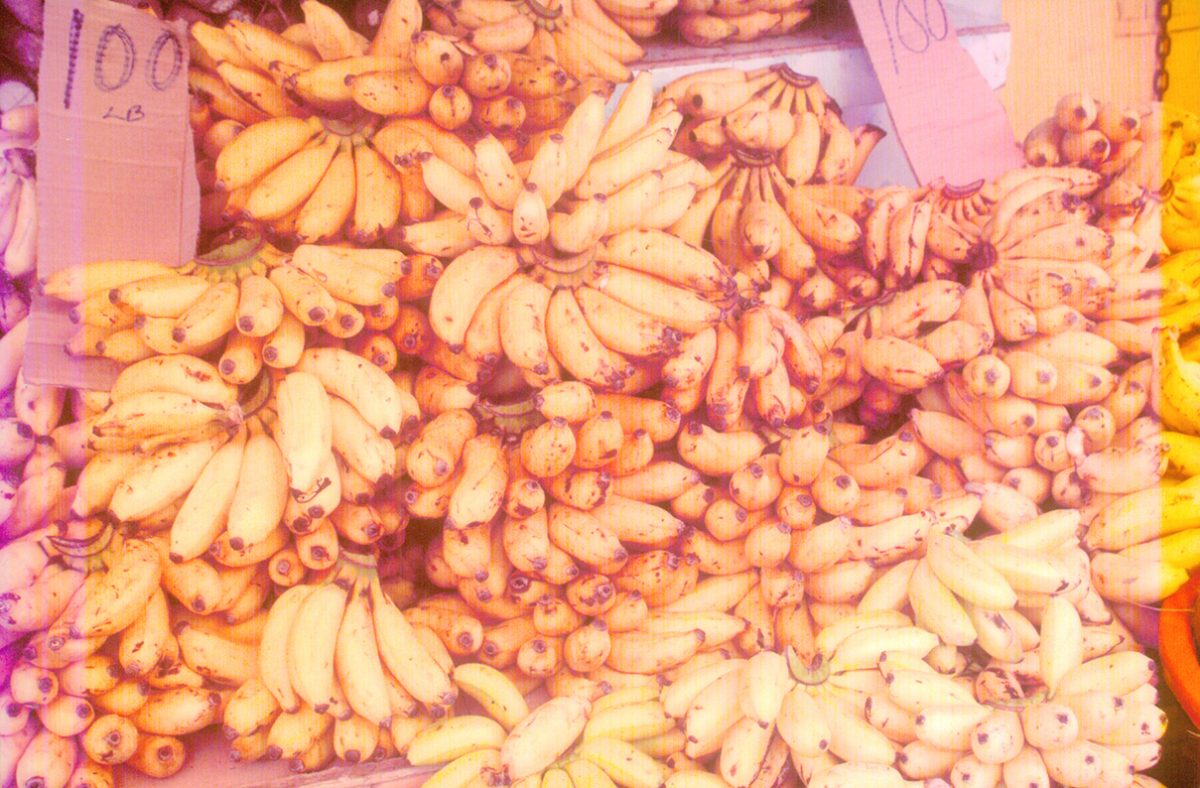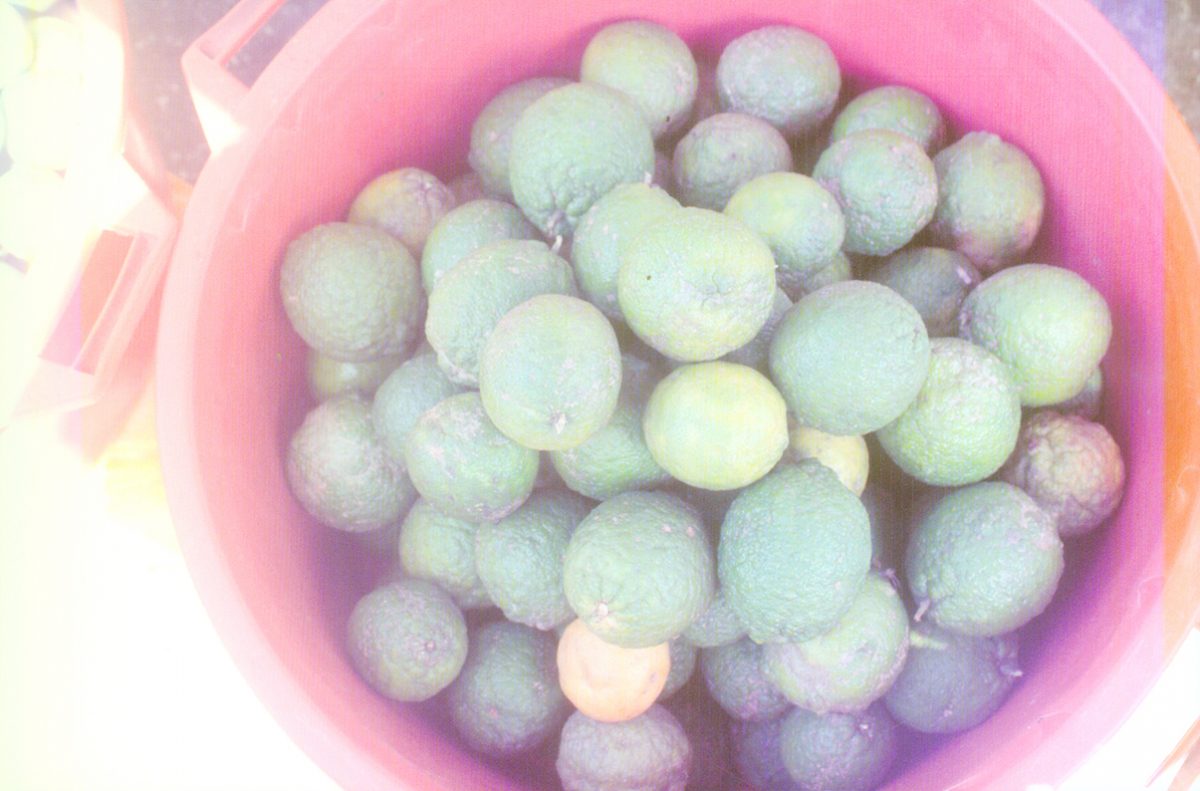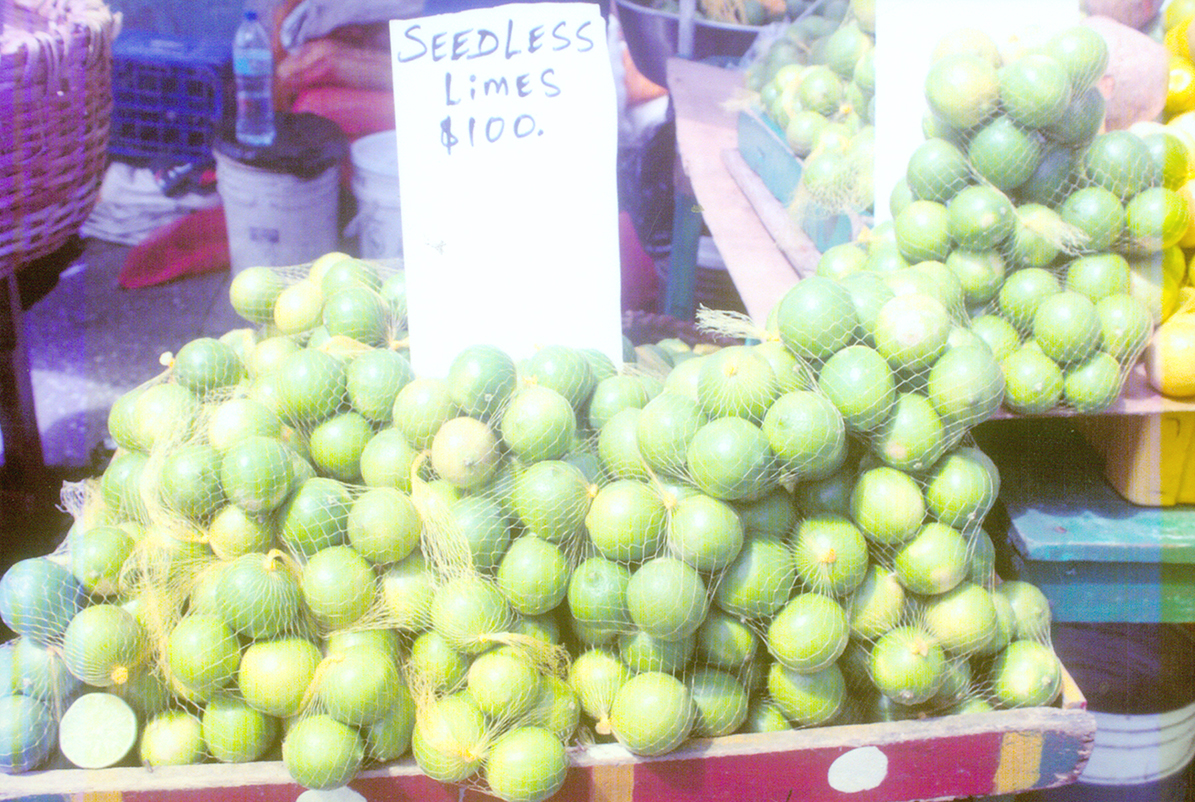Local fruit farmers who may be considering shifting to alternative business pursuits may wish to think again on the basis of continually emerging evidence that whatever the seemingly viable options that may exist, agriculture continues to hold its own, globally, as a sound investment option and a major money-earner.
Moreover, persuasive evidence exists to the effect that the populations of countries known to have relatively easy access to some varieties of fruit have a greater opportunity to enjoy healthier eating habits.
Much of the reason for the global importance of agriculture as an economic pursuit reposes not only in what some of the world’s major human welfare organisations say is an impending global food crisis but also in the groundswell of medical opinion asserting strong links between the consumption of some fruit and the fending off of diseases.

Earlier this year, an article posted on one of the high-profile health information sites in the United States, Medical News Today, listed several fruits grown in abundance, widely available in local markets and commonly wasted, as being among the world’s top twelve “healthful fruits,” consumption of which contributes significantly to improving overall health and reducing the risk of disease.

Medical News Today lists lemons, oranges, limes, grapefruit, pineapples, bananas and avocado as being in the ‘big league’ as far as their contribution to helping to control some serious diseases is concerned. Moreover, the evidence on the local market suggests that these fruits are commonly available in abundance and that most of them can be acquired relatively easily and cheaply when ‘in season,’ and preserved for ‘out-of-season’ consumption.

Fruit diets or high levels of fruit consumption have come to be associated with improving overall health and reducing the risk of disease. Eating a diet high in fruit, medical experts say, can reduce the risk of heart disease, cancer, inflammation and diabetes. With citrus fruits widely considered to be especially effective in preventing disease it is not surprising that Medical News Today ranks lemons at the top of the list of so-called powerhouse fruit and lists oranges, limes and pink and red grapefruit in the same grouping.
The Stabroek Business’ perusal of urban markets and other fruit markets reveal that the listed fruits are not only available in abundant supply and that many of them remain relatively cheap even when out of season but that their popularity has created employment for the growing number of itinerant fruit vendors who have now made their mark on the local fruit distribution system.
While there may have been various earlier public disclosures on the nutritional and health-restoring value of fruits, the Stabroek Business borrows from an investigative piece done by Medical News Today to remind of the health value of fruit and to underscore the key contribution which local fruit farmers, distributors and vendors are making to the popularisation of many of the so-called ‘powerhouse fruits’ commonly available in Guyana.
Lemons continue to grow in popularity among Guyanese consumers as its reputation for Vitamin C and other antioxidants that benefit health continues to grow. Apart from their widespread use in traditional ‘home remedies’ and their reputation for high vitamin C content, researchers believe that the flavonoids in lemon and other citrus fruit possess anti-bacterial, anti-cancer and anti-diabetic properties. Setting these medical orthodoxies aside, lemons are commonly touted as being recipe-friendly, the juice recommended for flavouring drinking water and squeezing over salads and fish. The rind of lemons is also used in recipes.
Oranges, the second of the globally recognised top ten list of fruits commonly available in Guyana are recognised as being among the richest sources of vitamin C, “with one medium-sized fruit providing 117 per cent of a person’s requirement of vitamin C. Oranges, the Medical News Today report says, remain a highly regarded consumer-trusted source of carbohydrate,, fibre, calcium, magnesium, and potassium.
Vitamin C, it should be noted, apart from serving as a powerful anti-oxidant, boosts the efficiency of the immune system by helping the body to absorb iron from plant-based foods. Medical opinion posits that oranges contain high levels of pectin, a fibre that can keep the colon healthy by binding the chemicals that can cause cancer and removing them from the colon.
Limes, another high profile member of the citrus family, is another fruit in the Medical News Today ‘big league’ that is readily and relatively cheaply available in Guyana. The site says that limes “like other citrus fruits, provide a healthful dose of vitamin C” apart from which they possess “antibacterial and antioxidant properties. Culinary enthusiasts are also encouraged to add the juice or grated peel of limes to flavour salads dressings or rice dishes or otherwise to hot or cold drinking water.
Grapefruit is also on the list of widely recognised ‘healthful’ fruits that are cheap and plentiful in Guyana. Assessments of the health benefits of grapefruit conclude that like its citrus cousins it contains flavonoids that help protect against some cancers, inflammation, and obesity while its sourness provides health-inducing vitamins and minerals. Some limited research suggests that grapefruit may have anti-cancer properties, which may be especially effective against breast cancer, skin cancer, and leukemia. This research, however, needs to be further developed.
Described by Medical News Today as an “exotic fruit” pineapple is also listed in the ‘big league’ of health-related fruit. It is credited with helping to “reduce inflammation and promote healthy tissue growth and is recognised for its bromelain content, credited as a dietary supplement in view of its potential health benefits. Specifically, bromelain is medically credited with reducing nasal inflammation or sinusitis though Medical News Today says that still more research needs to be carried out into its “anti-cancer potential.”
Banana, another fruit that is cheap and abundant in Guyana, is credited by Medical News Today with being rich in potassium which has long been medically celebrated with helping the body to control heart rate and blood pressure. Bananas, popular with athletes in training and competition are also regarded as a valuable source of energy. Bananas are also associated with helping to facilitate regular bowel movement as well as stomach issues including ulcers and colitis.
Avocado rounds out the list of locally cultivated fruit, commonly available and relatively inexpensive, that are highly regarded for their health value. Medical News Today classifies Avocado as a so-called “Superfood” (Superfoods are foods that have a very high nutritional density). Avocado’s health-enhancing reputation revolves primarily around its richness in oleic acid, a monounsaturated fat that helps lower cholesterol levels, a circumstance which the Medical News Today report says “could reduce the risk of heart disease and stroke.” Avocado, like banana, is also rich in potassium as well as lutein, an antioxidant medically assessed to be important for healthy eyes and skin.

